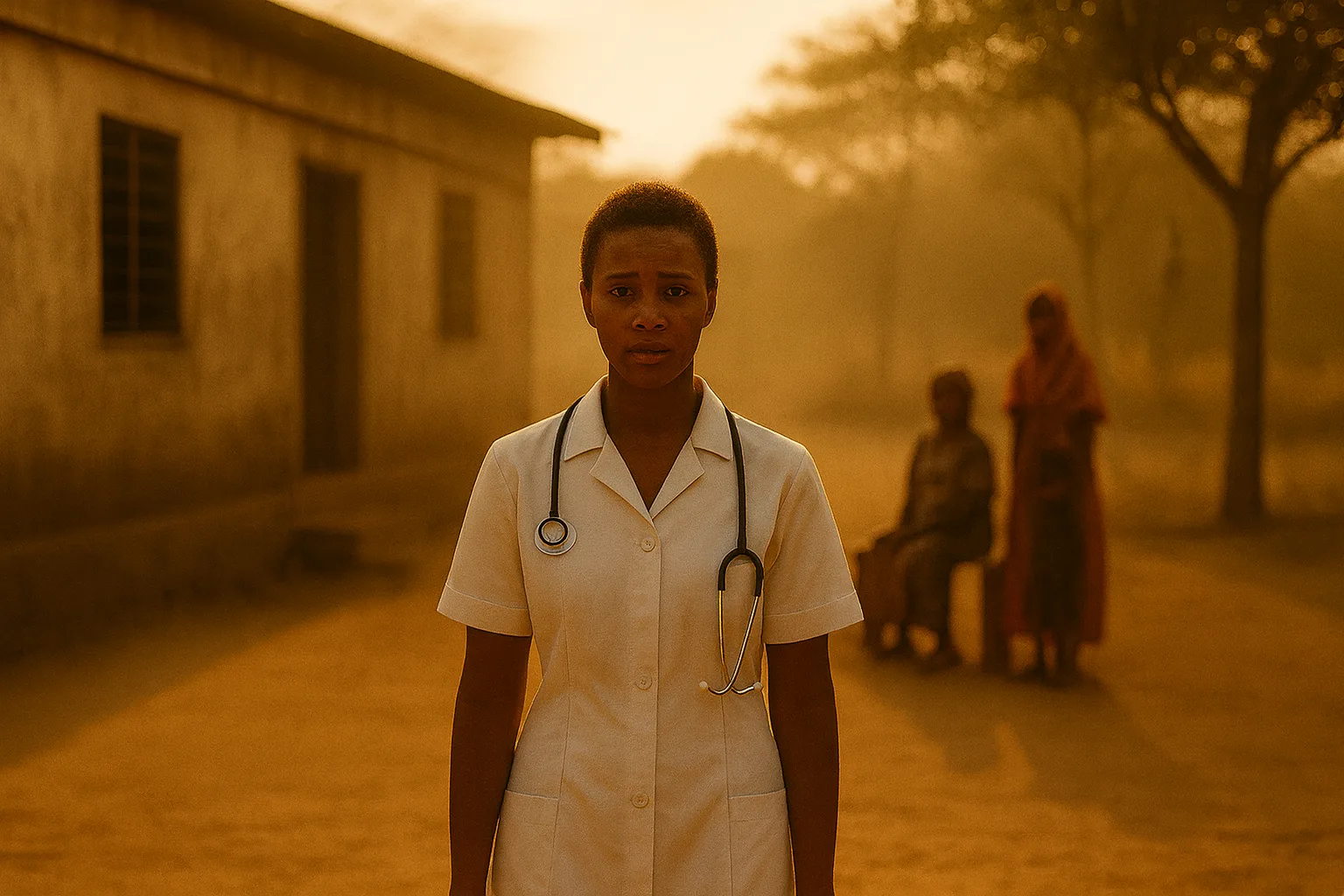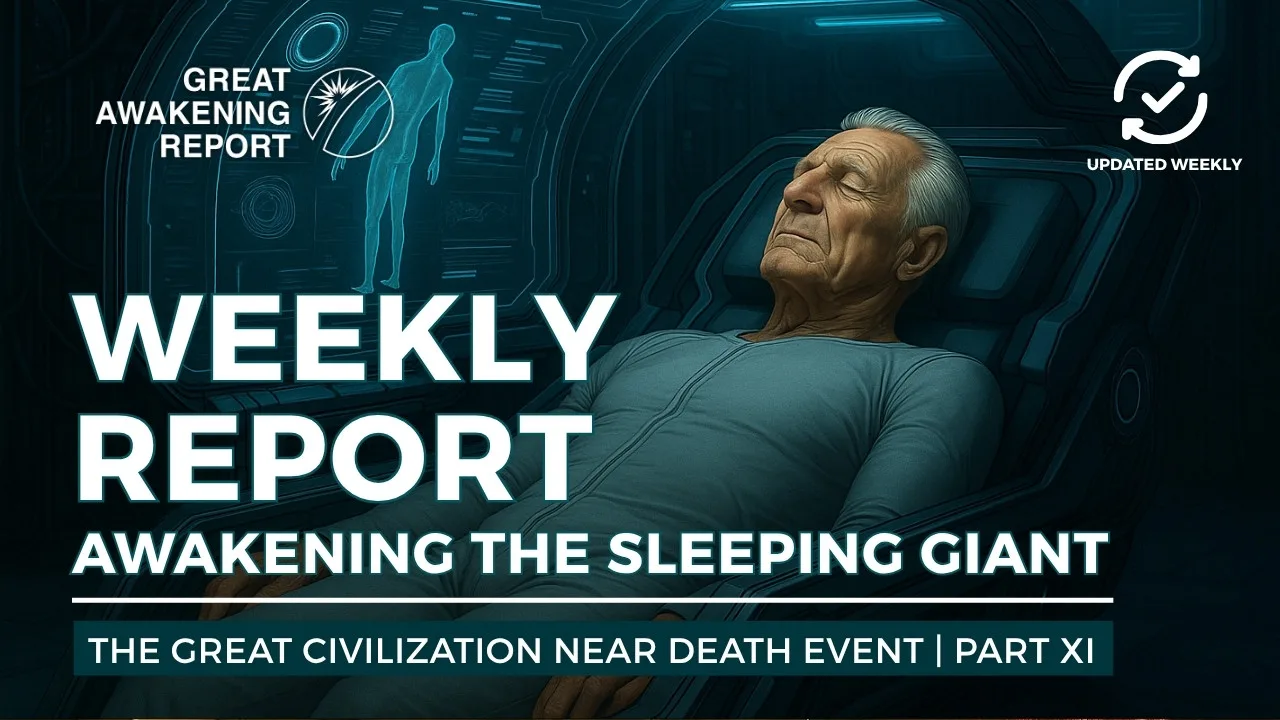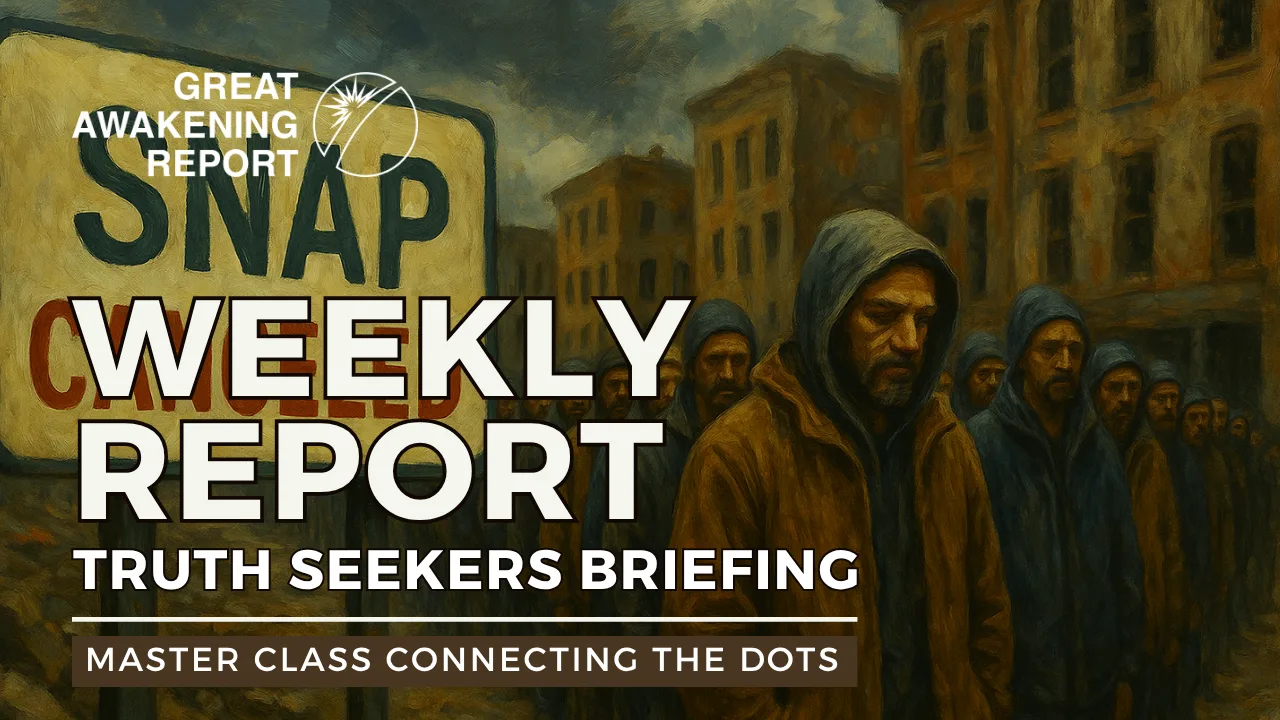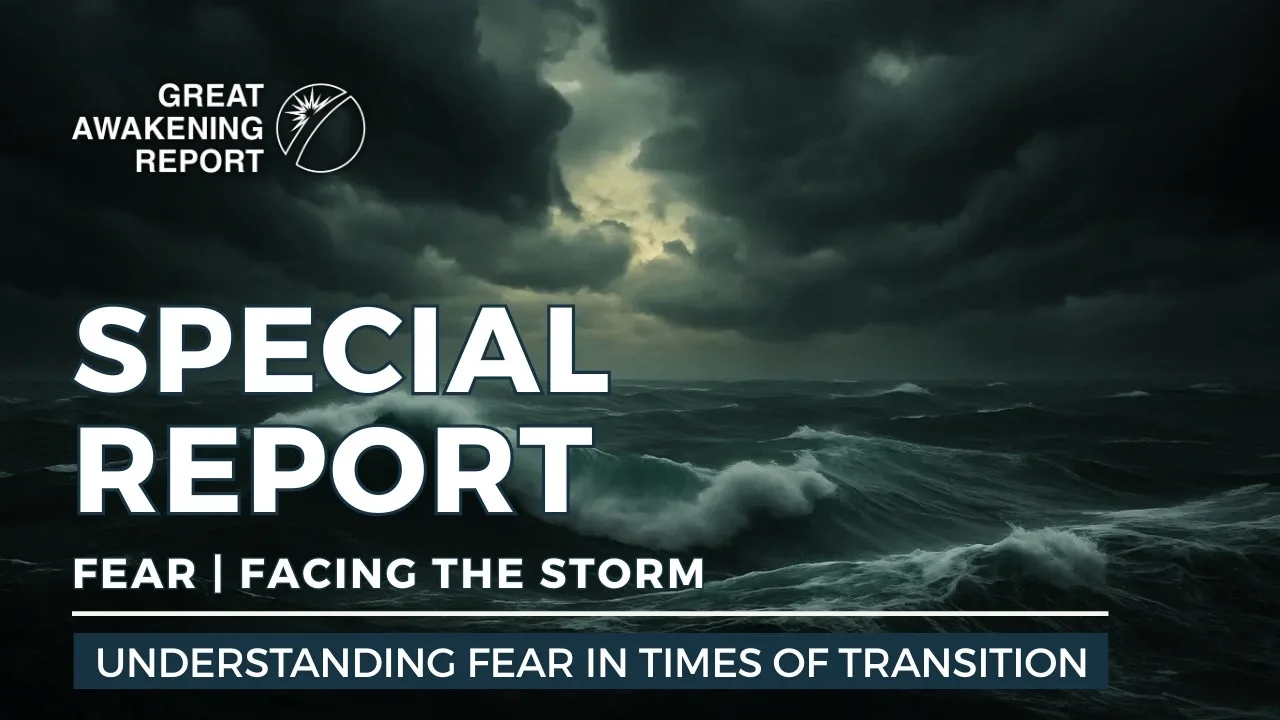Introduction: The Hidden Cost of Withdrawing Support
Across the globe, a silent shift is unfolding. Reductions in international health aid are quietly reshaping access to care, especially in regions already vulnerable to disease. When global funding contracts, the effects ripple outward — from rural clinics and medical supply chains to community health workers and families.
These cutbacks are not only medical in consequence; they reach deep into social and economic life. Clinics close. Vaccinations stall. Families lose their safety nets. Health systems built over decades begin to strain, exposing the fragile balance between humanitarian assistance and long-term resilience.
This is not a debate about ideology but about impact — how decisions made in distant boardrooms shape real lives on the ground.
A Brief History of Global Health Aid
Global health aid has evolved over the last century, guided by waves of international cooperation. In the mid-20th century, programs targeting malaria and smallpox represented an early global commitment to collective wellbeing. The formation of the World Health Organization in 1948 marked the beginning of a coordinated response to cross-border disease.
Later, the creation of the Global Fund to Fight AIDS, Tuberculosis and Malaria in 2002 expanded this cooperative model, combining public and private resources to deliver prevention, treatment, and education. Nations like Uganda demonstrated how integrated strategies could transform outcomes when funding, leadership, and local knowledge converged.
Over time, global health assistance widened its focus — addressing maternal health, nutrition, and chronic disease. The modern challenge is to maintain that momentum while ensuring health systems are not dependent on external financing alone.
Why Health Funding Is Declining — and Why It Matters
Recent years have brought significant shifts in how global health priorities are financed. Governments facing post-pandemic debt, inflation, and political fatigue are scaling back foreign aid. Others are redirecting funds to domestic concerns or experimenting with privatization models.
While these policy choices may relieve short-term fiscal pressure, the long-term consequences can be severe. When prevention programs lose funding, diseases that had been under control can resurge, generating higher costs down the line.
Behind every budget adjustment lies a human equation — where reduced funding means fewer vaccines, fewer health workers, and fewer lives saved. The challenge is not only financial but moral: how to balance national interest with collective responsibility in an interconnected world.
Malaria: A Fragile Victory at Risk
Few success stories illustrate the power of sustained funding as clearly as the global fight against malaria. Bed nets, rapid tests, and antimalarial medicines have saved millions of lives. Yet these gains remain delicate.
When financial support falters, mosquito-control campaigns stall, supplies dwindle, and monitoring systems weaken. Regions such as Nigeria and the Democratic Republic of the Congo, where malaria remains endemic, have already seen increases in cases following funding disruptions.
Progress in malaria control depends on consistency. Each pause in funding risks reversing years of hard-won progress and complicates the goal of global eradication by 2030.
AIDS: Sustaining Momentum in a Shifting Landscape
HIV/AIDS once dominated global health discourse. Decades of effort led to groundbreaking treatment and education programs, transforming the disease from fatal to manageable. Yet these achievements rely on continuity.
As funding slows, outreach programs shrink, testing decreases, and treatment access becomes inconsistent. The result is a quiet resurgence, particularly in communities already living on the edge of poverty or stigma.
The lesson is clear: momentum matters. When attention drifts, epidemics find space to return.
Beyond Malaria and AIDS: The Wider Ripple Effect
Health aid cuts extend beyond specific diseases. Tuberculosis, hepatitis, and maternal health programs all rely on the same networks of staff, labs, and community trust. When one link weakens, the entire chain feels the strain.
Vaccination programs illustrate this interconnectedness. Interruptions in funding have been followed by renewed outbreaks of measles and polio in areas that once had them under control. The same infrastructure that prevents these diseases also forms the backbone of global pandemic preparedness.
Investing in health aid is therefore not only about compassion; it is about prevention, stability, and security.
Human Stories Behind the Numbers
Statistics capture scale, but not emotion. The reality is lived by nurses, doctors, and patients adapting to shrinking resources.
A nurse in Nigeria describes caring for twice as many patients as before. A mother in Kenya waits months for her child’s medication. A clinic director in Haiti worries each week if his next shipment of supplies will arrive.
These individual accounts reveal the invisible weight behind policy decisions. Funding cuts aren’t just numbers on a spreadsheet; they are stories of interrupted care and fading hope.
Building a More Sustainable Future
The path forward lies in designing health systems that are both supported and self-sustaining. International aid can spark progress, but local resilience must sustain it. This means training local professionals, strengthening regional supply chains, and prioritizing transparency and accountability at every level.
Health sovereignty and global solidarity are not opposites — they are partners. The next era of global health may depend on reimagining that balance: combining international cooperation with community-driven leadership.
Conclusion: A Shared Horizon
As funding landscapes shift, one truth endures — health is a shared horizon. The wellbeing of one nation inevitably shapes the stability of another.
The challenge ahead is not only to restore financial support but to redefine how it is used: to build systems that last, empower, and uplift. The real measure of progress is not how much aid we give, but how much capacity we leave behind.
The story of global health is ultimately the story of awakening — realizing that healing cannot be outsourced, only shared. Sustainability begins when compassion and accountability meet, transforming aid into empowerment.
Health is not a privilege. It is a reflection of how deeply humanity chooses to care for itself.
Share This Report
Have questions?
At Great Awakening Report, we are dedicated to supporting your journey toward truth and enlightenment through our specialized Coaching and Consulting services.
Coaching Services: Our coaching programs are designed to guide you through personal awakening and transformation. We offer personalized sessions that focus on expanding consciousness, uncovering hidden truths, and fostering spiritual growth. Our experienced coaches provide the tools and insights necessary to navigate your path with clarity and confidence.
Consulting Services: For organizations and individuals seeking deeper understanding and strategic guidance, our consulting services offer expert analysis and solutions. We delve into areas such as global transitions, alternative news insights, and consciousness studies to provide comprehensive strategies tailored to your unique objectives.
Embark on a transformative journey with our Coaching and Consulting services, and unlock your highest potential. To learn more and schedule a session, visit our Coaching and Consulting pages.
Thank you
Thank you to our subscribers and readers for your continued support and dedication to truth and awakening. Your encouragement, engagement, and belief in our mission make everything we do possible. Together, we are expanding awareness and helping illuminate the path forward.
If you would like to further support the Great Awakening team and our ongoing efforts to share insight, knowledge, and truth, you can DONATE HERE.
With deep gratitude,
– Great Awakening Team
DISCLAIMER: All statements, claims, views and opinions that appear anywhere on this site, whether stated as theories or absolute facts, are always presented by The Great Awakening Report (GAR) as unverified—and should be personally fact checked and discerned by you, the reader.Any opinions or statements herein presented are not necessarily promoted, endorsed, or agreed to by GAR, those who work with GAR, or those who read or subscribe to GAR.Any belief or conclusion gleaned from content on this site is solely the responsibility of you the reader to substantiate.Any actions taken by those who read material on this site are solely the responsibility of the acting party.You are encouraged to think for yourself and do your own research.Nothing on this site is meant to be believed without question or personal appraisal.
COPYRIGHT DISCLAIMER: Citation of articles and authors in this report does not imply ownership. Works and images presented here fall under Fair Use Section 107 and are used for commentary on globally significant newsworthy events. Under Section 107 of the Copyright Act 1976, allowance is made for fair use for purposes such as criticism, comment, news reporting, teaching, scholarship, and research.
COMMUNITY GUIDELINES DISCLAIMER: The points of view and purpose of this video is not to bully or harass anybody, but rather share that opinion and thoughts with other like-minded individuals curious about the subject.










